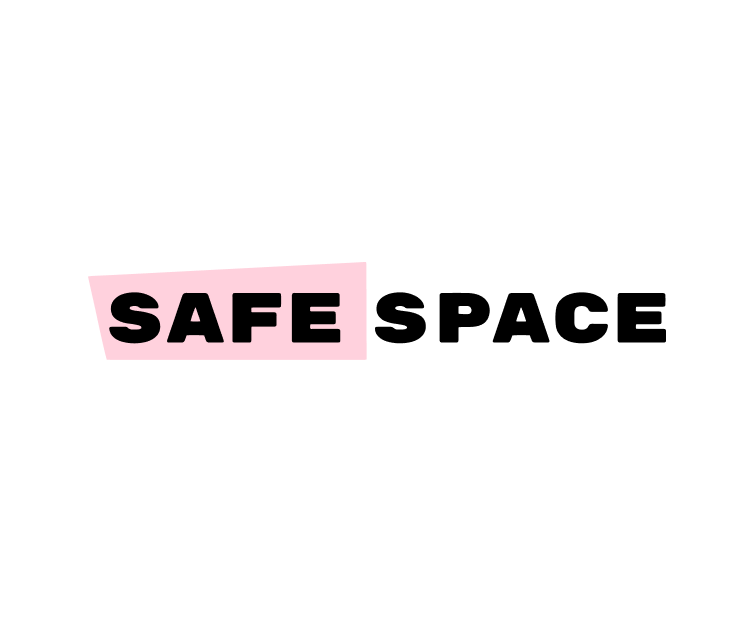✍ What are the most effective ways to ensure equitable evaluations take place? Are leader-involved, open discussion calibrations even considered best practice?
Context: Performance reviews bring so many mixed feelings and input across the workforce. We all want to encourage an equitable process in determining employees success and growth opportunities. Often, open-leader calibration session are expected to generate thoughtful feedback, however, many employees (and leaders alike) feel the process is outdated and problematic.
Sondra Norris, Founder of Ultimate Manager Enablement:
1. Address the causes to help increase equitable evaluations.
- Poorly defined jobs
- Poorly defined measurable goals and objectives
- Non-behaviorally defined competencies
2. Open discussion calibrations are a giant goat rodeo if you don’t do #1 above first.
Give yourself two cycles to get to where people feel it’s actually working – there are mindsets to change, behaviors to change, and all the structural work to do to achieve #1 above.
If it’s framed from the beginning as a project that’s meant to prove how much the company is committed to its employee value proposition and growth and opportunities … it will not only be tactically a good solution, it will build trust in the leadership as delivering on a promise, walking the talk.
✍ What can non-HR employees do to support HR best practices at orgs with very small/non-existent/not-so-great HR teams? Particularly with respect to inclusive hiring, retention, and performance mgmt.
Context: I work for a mid-size non-profit with some glaring HR issues that I’d like to positively contribute to improving / find ways to mitigate as a non-HR employee. I’m thinking mostly about things that impact our ability to recruit and retain great, diverse talent – and things that make folks miserable in their jobs/make their jobs harder (e.g., confusion about benefits leading to difficulty accessing the healthcare they need, strict promotion eligibility requirements that inhibit growth & recognition, lack of accountability/efficient management of serious performance issues, approaches to job postings that limit visibility in some communities, etc.)
Sondra Norris, Founder of Ultimate Manager Enablement:
As a former head of HR and most of my career being within HR, one thing I noticed is that when people in the business came up with ideas to help their colleagues it was almost always more immediately trusted to be helpful and “without corporate agenda.”
An explicit strategy I’ve used successfully is to create small teams of people from within the business that:
- want to help solve these kinds of chronic problems that keep affecting things but aren’t often addressed.
- want to learn new things (these topics might not be in their wheelhouse, and it’s an opportunity to use the project to teach and apply professional skills – meaning with those tight requirements for promotion there are other ways to learn and get better here)
And do this while acknowledging that your HR people are not on purpose ignoring these things – most HR teams are completely frenzied during the day reacting to all the things that come up and are very legitimately challenged to have time to consider longer-term strategic things that would help more with more impact.


